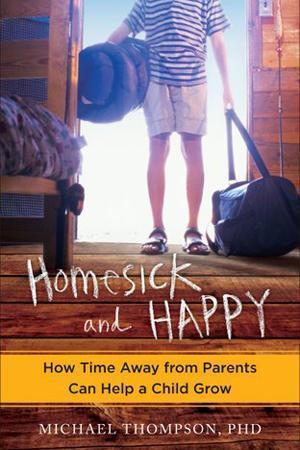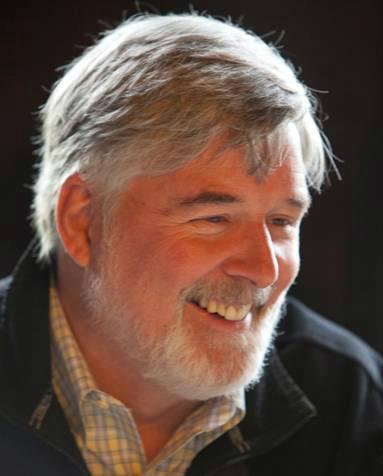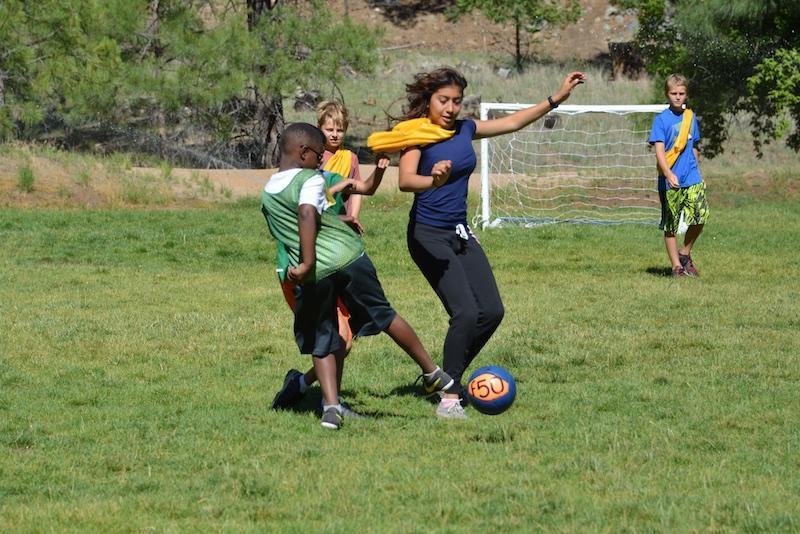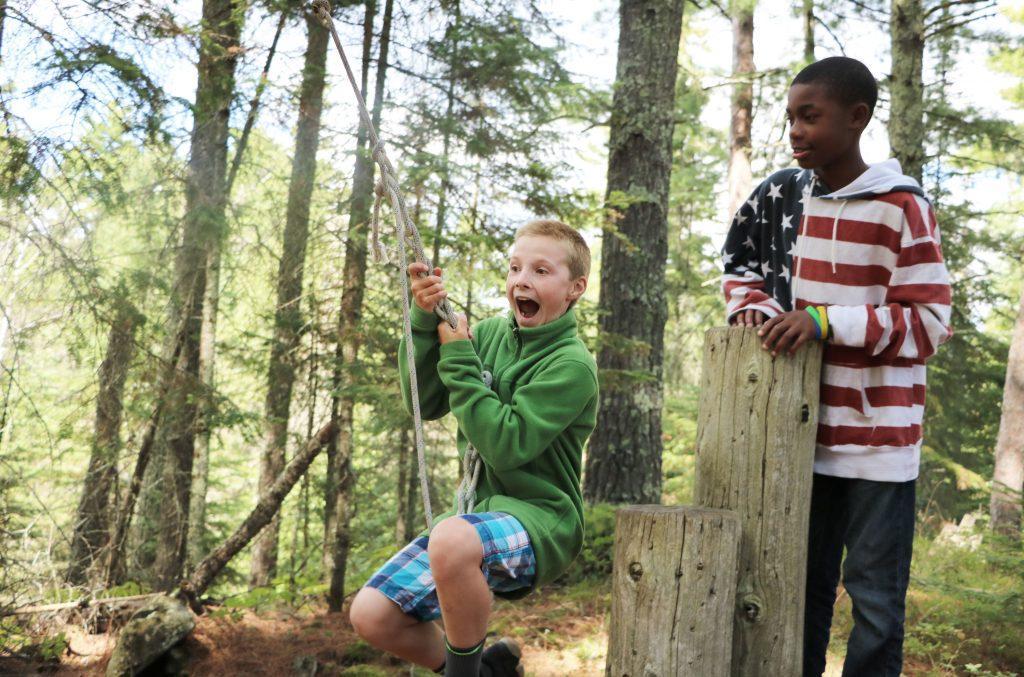If you have children going to camp for the first time (or if you were ever a first-time camper yourself), you know that homesickness is very real. Dr. Michael Thompson, a school psychologist, speaker, and former board member of the American Camp Association, writes about homesickness in his book called Homesick and Happy: How Time Away from Parents Can Help a Child Grow.

Though being away from home for several weeks at a time can be challenging, especially the first time around, Michael Thompson explains how critical it is in the development of young people. Homesickness is a very natural part of being away from home. Though the first few letters home may be tear-stained and sound dismal and parents may want to jump in the car and go pick up their child, experiencing homesickness teaches a camper how to persevere through adversity, as well as how to ask others for help and support if they need it.
“If a child goes away from his or her parents, encounters new people and new challenges, learns the moral rules of a new community, absorbs the traditions, makes some choices and faces some challenges and discovers something about him or herself, that’s camp… in that process you learn something new about yourself that you could never have learned if you had stayed at home with your mom and dad. And because they weren’t there, your achievement belongs to you, your new independent self.“

Real growth happens when kids are away from home and the preconceived notions of who they are, what they should like, and how they should act. At camp, kids are free to determine their own passions, make their own decisions, and take responsibility for their own actions. They must learn to solve their own problems and resolve their own conflicts, including overcoming homesickness. Doing so prepares young people for that inevitable time in the future when they move on to college or the workforce. Those young adults who have spent time away from home at camp have a much easier time making the transition into this more independent phase. The rites of passage that come with spending summers at camp translate into a bright adulthood.



